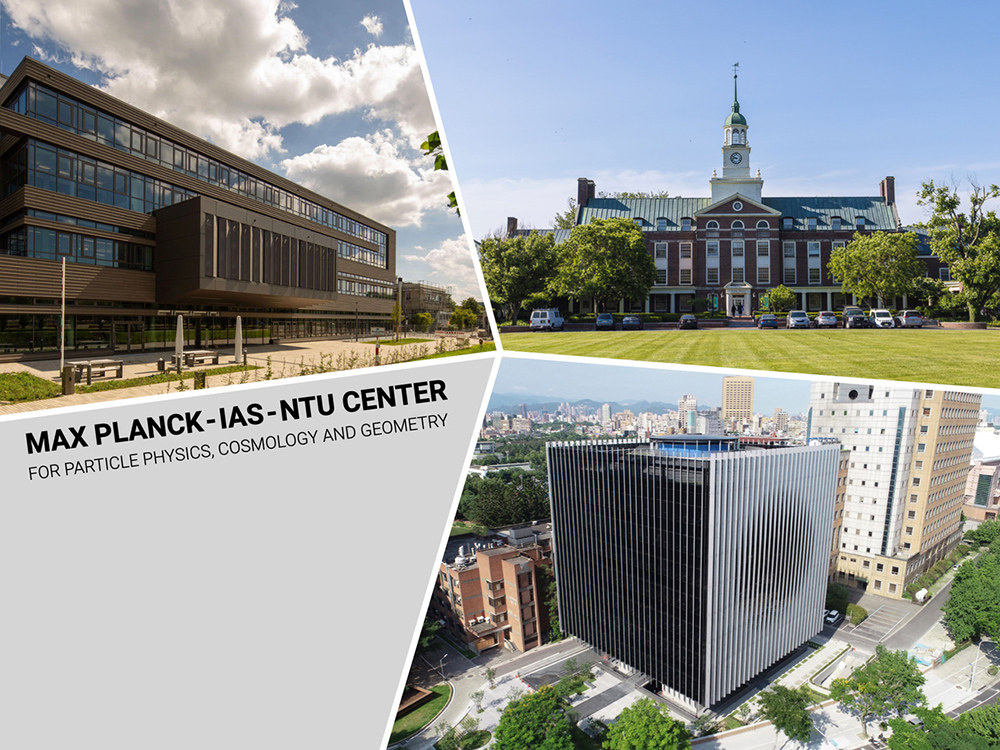
A Distinguished Global Research Center Established at NTU under Trilateral Cooperation
瀏覽器版本過舊,或未開啟 javascript
請更新瀏覽器或啟用 javascript
Spotlights
Press conference for the joint team’s groundbreaking findings about NB treatment.
THB facilitates neural system development and NB cell differentiation.
Neuroblastoma (NB) is the most common extracranial solid tumor in infants. Around 30 diagnosed cases occur in Taiwan annually. After 15 years of endeavor, NTU and Academia Sinica discovered a new and safe way to treat the disease. The research finding was published in Cancer Research and ACS Chemical Neuroscience, and an international patent has been filed. In general, 85% of the NB cases occur before the age of four. NB usually arises from the adrenal gland, leading to unfavorable prognoses, thus over half of the patients already suffer multiple tumors or metastasis when diagnosed with the disease. This makes NB a highly aggressive cancer with a low survival rate.
The cause of NB is unknown yet it is generally believed to be caused by the mutation of neural crest cells. To reveal the mechanism behind the disease, Prof. Hsin-Yu Lee (李心予) of NTU’s Department of Life Science, Chief Wen-Ming Hsu (許文明) of NTU Hospital’s Pediatric Surgery Division, and Associate Research Fellow Yung-Feng Liao (廖永豐) and Dr. Pei-Yi Wu (吳沛翊) of Academia Sinica’s Institute of Cellular and Organismic Biology, formed the Translational Medicine Research Team. After 15 years of work, the team discovered that aryl hydrocarbon receptors (AHRs) can improve the survival of patients, and further demonstrated AHR’s critical role in regulating the development of the neural system.
Using a screening method developed by Lee, the team discovered that the neuroactive steroid tetrahydrocortico-sterone (THB) can significantly suppress the growth of malignant cells and prevent metastasis. It was the first time THB was proven to be an endogenous ligand for AHRs. From studying animal models, the team found that AHR overexpression and THB promoted NB cell differentiation, and that AHR expression was inversely correlated to MYCN, an oncogenic driver in NB.
This study not only cast new light on the progression of NB but also opened a door to new ways of treating patients with NB. The treatment is still going through preclinical testing, and it is expected to enter the clinical trial phase after pharmacokinetics testing.
This article is also featured in No. 75 of NTU Highlights (December, 2019).
Full Papers:

A Distinguished Global Research Center Established at NTU under Trilateral Cooperation
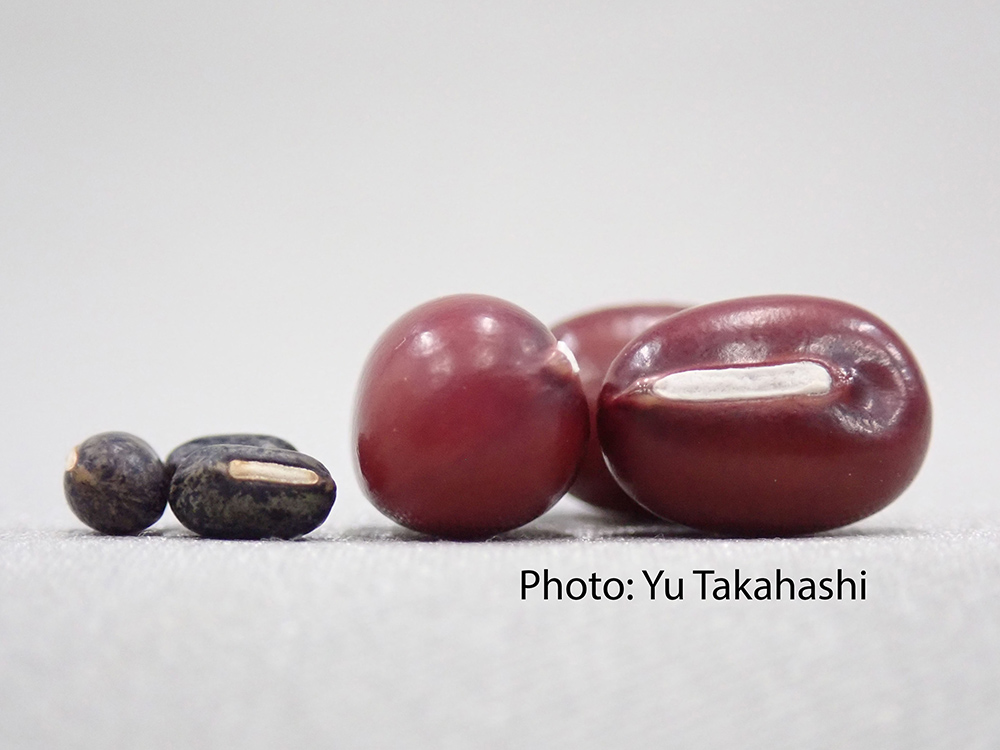
Collaborative study between NTU and Japan uncovers the origin of Adzuki Beans and agriculture in Japan
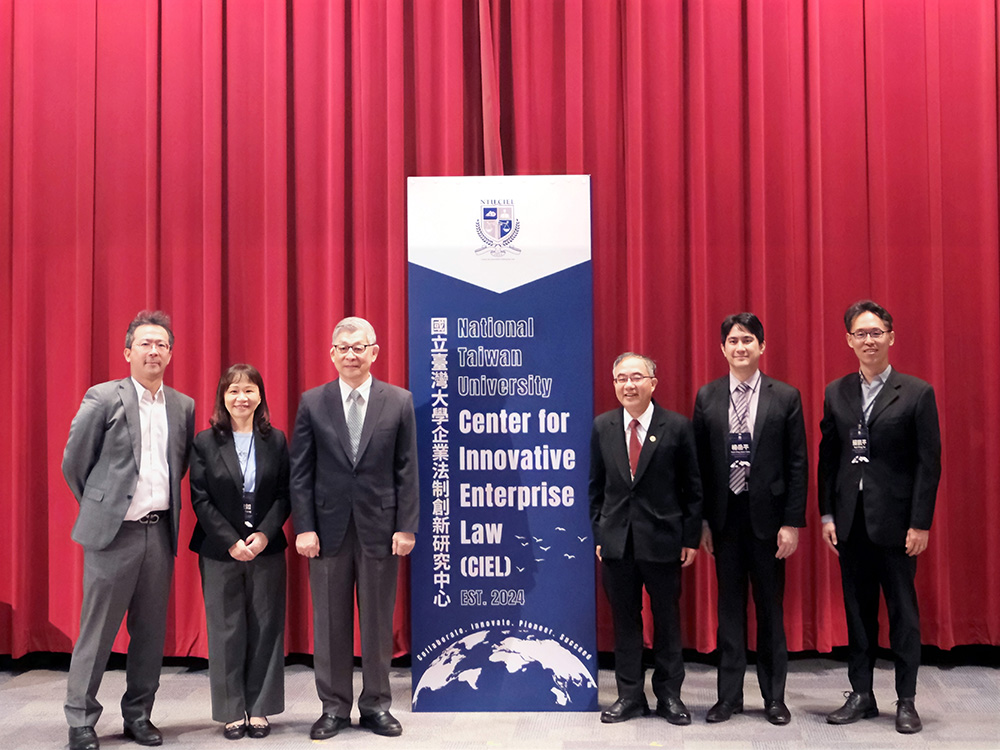
NTU Launches Center for Innovation in Enterprise Law—with Forum Highlighting Trump’s Policy and Legal Shifts Amid Geopolitical Tensions
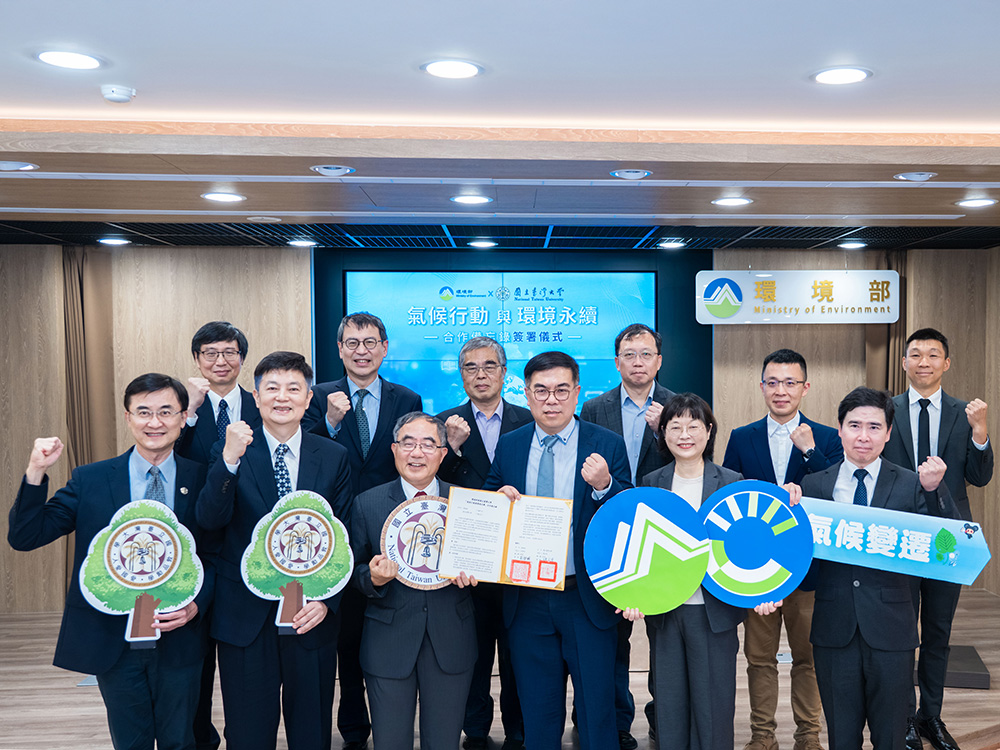
NTU and Ministry of Environment Sign MOU to Advance Net-Zero Transition and Environmental Resilience
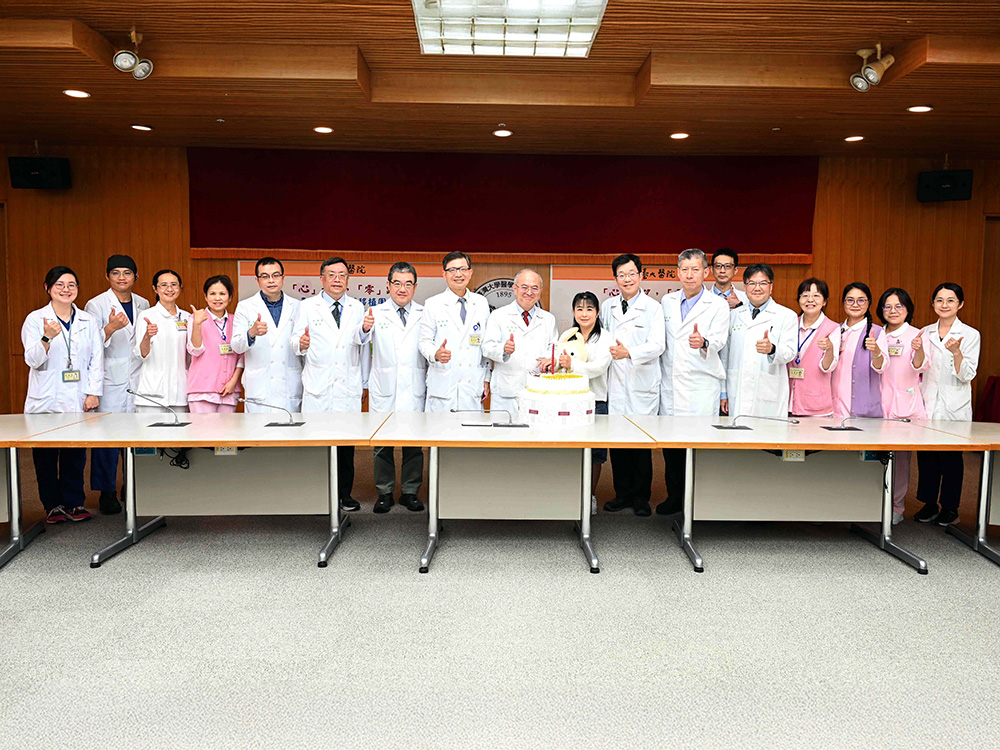
NTU Hospital’s Cardiac Transplant Team Pioneers Beating Heart Transplant with Zero Ischemic Time
Current Spotlights